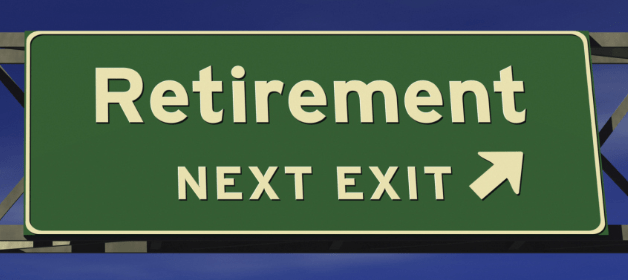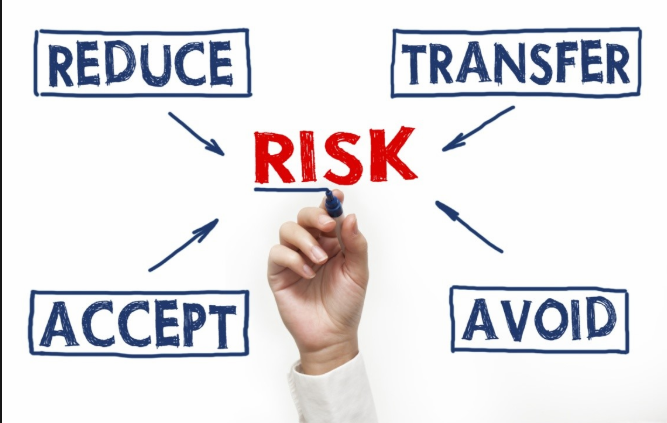It’s hard not to get caught up on the latest fad and the stock market is no different. It may seem that every other day there is something new and exciting going on in the stock market. We hear stories of people becoming millionaires overnight and it is hard not to feel like you missed the boat. A great example of this is the Gamestop craze that happened this past January.
When you are following the herd, you are momentum trading. WealthSimple describes this well:
“There are ways to do this and take risks you can afford. But if you don’t realise that you are momentum trading, if you’re not systematically limiting your exposure as you profit, you can get hurt. I worry that many investors are in this category.”
For every glory story you hear, there are hundreds of other people who lost in an impactful way. This type of financial loss can be devastating to the point that it breaks up marriages, retirement plans, savings, etc. It takes a psychological toll and can lead people into a depressive state of mind. People tend to downplay their emotional ties with their money. Brian J. Bloch states
“The loss of a large amount of money can have a traumatic effect on individuals, particularly if that loss impacts important life milestones… Many individuals may feel that there is no coming back from the financial loss and therefore take actions that exacerbate the situation.”
You need to be financially secure first before you invest in the high-risk options. High risk options are more speculative stock such as investing in a start-up vs. RBC stock. There are always going to be opportunities for those types of returns, but you need to make sure the rest of your house is in order first before you can join in on the fun. This means having things like a proper emergency fund and retirement accounts set up. The key is to not spend money on something that, if unsuccessful, may hurt you financially.
It is also important when you do decide to invest that you have a strategy. Developing an investment strategy includes asking questions like the following. What is your investment philosophy? How are you diversified? Are you set up to withstand a down market? Do you have criteria for when you will exit? These are just a few questions you should answer before diving into investing with your hard-earned money.
When you are ready to invest, generally the best kind of company to invest in is one that is generating positive cash flow. Take a look at balance statements, how the company performs in down markets and identify the risks and how the stock fits into your portfolio.
Having good money habits is very important before entering into higher risk investments. The definition of high risk varies from person to person. As long as you have done your due diligence, know why and how the stock fits into your portfolio and you have the financial means to do so, there is no harm in taking a chance in what others may see as high risk. The people investing in these types of stocks are generally already financially sound and have the flexibility to make these types of choices.
Remember, history has a way of repeating itself when it comes to trends and fads. You will not “miss out” because there is always something coming next. The best thing you can do is position and educate yourself to take advantage when it does. Focus your energy on learning, saving and investing now in things that fit your lifestyle and risk tolerance so that when you see the next opportunity come you are ready to seize it. Never underestimate the power of having financial peace of mind.
Reference:
https://www.wealthsimple.com/en-ca/magazine/gamestop
https://www.investopedia.com/articles/financial-theory/12/psychological-coping-strategies.asp
Connect Wealth is an independent financial planning firm that offers holistic advice to clients based on their current goals and future aspirations. We use well-established workflows and cutting edge technology to maximize planning efficiencies while simplifying the process for clients. Learn how you can maximize your financial opportunities at www.connectwealth.ca






